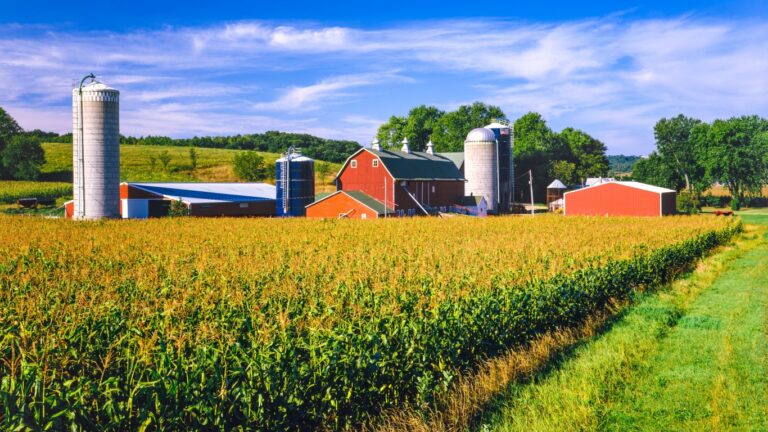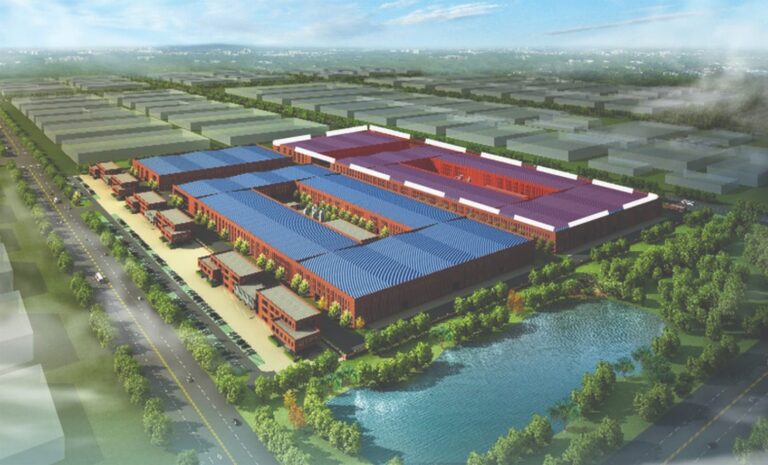Now that we all know what a supply chain is, Biden offers a fix

Four years ago, the term supply chain was mostly used by bureaucratic wonks and mid-level managers. Then came Covid, and we all realized how important they are, especially in keeping prices down.
President Biden on Monday offered a 30-step plan to making U.S. and global supply chains more resilient to supply chain shocks like Covid and hopefully containing inflation enough so that it won’t be used as a weapon against him in next year’s elections.
The plan created a resiliency task force, which does seem somewhat bureaucratic, but we guess someone has to manage the initiative. It focused on supply chains for vital medicines, such as baby formula, which created a crisis last year when a shortage developed. Also food and agriculture, and importantly, clean energy.
The plan offered $275 million in new investment into clean energy grants and initiatives in communities in the U.S. that might be suffering from the shift to clean energy from coal, a key constituency in the Biden Administration’s efforts to create as many jobs as possible.
The government has been criticized for delays in getting some of the billions from its Inflation Reduction Act into the hands of local communities for clean energy projects, so a refocus on that as part of the supply chain strategy was a smart tactical maneuver.
Supply chains, of course, are only part of the battle against inflation that the government must win ahead of the election next November. And to really succeed, it has to be a global effort. So we can expect that part of the new resiliency task force’s mandate will be to do deals with other countries to improve trade, management of domestic ports, and enough workers to distribute international goods in a timely manner.
More to come on this one as it develops.





